When referring to Tibet tour, people always make great determination to run through the whole Tibetan area. Wishes are good but it seems impossible to realize this dream, even for local Tibetans. Why is that? Because Tibet is so vast and remote. Some places are really difficult to get into, especially the no man’s lands. Thus, we just give a brief introduction of Tibet Top10 hidden attractions here. Of course, it doesn’t mean that Tibet only has those ten destinations still unknown to public and the rest are waiting for you to explore!
Top1. Shuanghu
Located in the northwest of Northern Tibetan Plateau, Shuanghu is surrounded by Baingoin on the east, Wenbu and Shenzha on the south, Gerze on the west. This name comes from two lakes in Kanglinru. One is Kangmuru Lake, lying in the 5 kilometers east of Kanglinngru. Another one is Rejiao Lake, 10 kilometers north of Kanglingru. Considering from natural condition, living environment, population distribution and other aspects, remote Shuanghu is the most sparsely-populated area in China. Metog, the only Tibetan county with no road extending to, by contrast, is more boisterous than Shuanghu. Isolated from the world, Shuanghu has an average altitude of over 5,000 meters, thin air, harsh climate, making it hard to find a person within one square kilometer. The rare desolation and blankness attract great attention of adventurers!
Photography : Shuanghu Lake is an excellent observation point for the highland wildlife. Thanks to less human interference, Tibetan animals like antelope, wild ass, snow leopard can live a carefree life here.
Traveling Time : one day
Entrance Fee : for free
Opening Time : 24 hours
Address : Nagqu, Tibet
Top2. Tangra Yumco
With an altitude of 4,530 meters, Tangra Yumco, also called as Dangra Yun Co, sits next to the ruins of ancient Xiangxiong Kingdom. Not only is it one of the famous holy lakes in Tibet but also considered as the most important lake by Bon pilgrims. The water is clear and scenes are stunning but fewer tourists would be able to come here.
Tangra Yum Tso looks like a vajra pestle. The upper part is round, the middle is narrow and the lower is long. It’s guarded with mountains by four sides. The peak of Darguo Mountain on the south is snow-covered all year round. Owing to vantage point and stable climate, the palace of Xiangxiong Kingdom was once settled here. It’s home to lots of Xiangxiong historical and cultural relics as well as a key to Xiangxiong mysteries and Bon religion.
Photography : When tourists choose to go big loop around Ngari Region, Tangra Yumco must be the target in their minds for its crystal blue water. Due to the light refraction, it becomes awesome pink at sunset.
Traveling Time : one day
Entrance Fee : for free
Opening Time : 24 hours
Address : Nagqu, Tibet
Top3. Zhari Valley
Zhari valley in Lhokha is as beautiful as the fairyland. Traveling from Lhasa to Lhokha, you have to wind through snow mountains and experience changeable weather. In a moment, you are walking in the brilliant sunshine. Suddenly, it turns out to be heavy snow. Zharigou has four distinctive seasons. As spring comes, the valley is carpeted with azalea blossoms. Reds, purples, yellows and pinks interweave with each other. All the picturesque views will make you feel every effort is worthwhile. Besides, you can enjoy a hot spring nearby.
Top4. Lebu Valley
Lebu valley is a wonderful scenic spot hidden in Cuona County, Lhokha. Lebu, meaning a good place in Tibetan language, has pleasant climate, rich species, gorgeous landscapes, etc. Here you can hear birds singing and stream babbling. Beautiful azalea, jasmine, Chinese rose and various kinds of unnamed wild flowers are flourishing everywhere. Trekking among ancient forest and bamboo grove, you can have a glimpse of steep cliffs, naughty monkeys and roaring waterfalls.
It’s also the major residence for Monpa People. They have their own ethnic culture, language, customes and so on. Paying a visit to Monpa family, dancing to Monpa music or trying some barley wine and buckwheat cakes will make you unwilling to go back home.
Top5. Gyirong Valley
Situated 70 km away from Gyirong county, Gyirong valley is the largest and most beautiful forest scenic area in Mount Qomolangma Nature Conservation. Descending from the downtown of 4,300 meters high to Gyironggou at the altitude of 2,000 meters, you’ll pass through the tundra, the bushes and finally get to the vast green forest. In addition to the majestic natural landscape, Gyirong was an important passage linking China, India, Nepal and other south Asian countries in the ancient time. It’s said that the Nepalese Princess Bhrikuti who married Tubo King Songtsen Gampo was also trampling over Gyirong to Lhasa. That’s the reason why the Nepalese-style Paba Monastery was built here.
Top6. Nagqu Skeleton Wall
Heading 300 kilometers southeast from Tuku Town, you will reach Biru County. Dodoka Monastery, the site of Nagqu skeleton wall, is in the west of Biru County. The whole yard has an area of over 4,000 square meters and is surrounded by walls on four sides. Just on the south and west, the walls with four or five wood frames on are housing rows upon rows of human skulls neatly, thus two long skeleton walls took shape. Seeing from a distance, it just seems like any other Tibetan mani wall. But once getting closer, you will feel strange and creepy. In Tibet, all the flesh, guts and bones of the dead would feed vultures. But it’s an exception in Dodoka sky burial site and the origination of this ritual is still unknown.
Photography : if taking photos or videos, you still need to pay the extra.
Traveling Time : 3 hours
Entrance Fee : CNY 10
Opening Time : 08:00-16:00
Address : Biru, Nagqu, Tibet
Top7. Pangong Tso
Pangong Tso is a famous international park between China and Kashmir. In Indian language, Pangong means a small pitch of meadow. And it’s named as Cuomu Angla Renbo Tso in Tibetan, meaning Long-Necked Crane Lake. Seeing from the map, there is no lake is narrower than Pangong Tso. With the length of 150km, Pangong Tso just covers an area of 604 square kilometers. The narrowest part is only five-meter-wide. There is one special thing in Pangong Lake. The eastern part in China is crystal sweet fresh water, while the western part in Kashmir is smelly salt water, making fish out of sight.
Photography : tens of thousands of bar-head goose, brown-headed gull and other kinds of water fowls would gather here during May to July. You can rent a boat to get a closer look.
Traveling Time : 3-4 hours
Entrance Fee : CNY 300
Opening Time : 08:00-16:00
Address : Ritug, Nagri, Tibet
Top8. Lake Puma Yumco
Lake Puma Yumco is at the junction between Lhozhag County and Nagarze County in Lhokha. It lies 135 km southwest from Lhasa and has an area of 295 square kilometers. At the altitude of 4,733 meters, the annual rainfall here is just about 300mm. The lake is mainly supplied by snow melt water and grass are lush along the bank. Around Phumo Yum Tso Lake is the vast grassland and endless snow mountains. Wandering at leisure, you can gain an aesthetic feeling of heaven on earth.
Top9. Yadong
Yadong County in Shigatse is rich in natural tourism resources as well as historical and cultural relics. It’s famous for Kangbu Hotspring, Dongga Monastery, Gaju Monastery, Duoqing Lake, Zhuomu Lari Snow Mountain, Pali Grassland, Yadong Virgin Forest and Yadong valley natural scenery, etc.
Top10. Zhangmu Valley
Sitting in the southeast of Shishapangma, Zhangmu valley is known for its forest natural landscape. Along the path, you’ll pass through curving valley, murmuring streams and flourishing plants. If lucky enough, you’ll have a chance to see the hidden grottoes and temples. When rainy season comes, running water and roaring waterfalls would take your breath away!
Note : Some Tibetan sites are still not yet open to foreign tourists. Please feel free to contact our Tibet expert for more information!
.jpg)



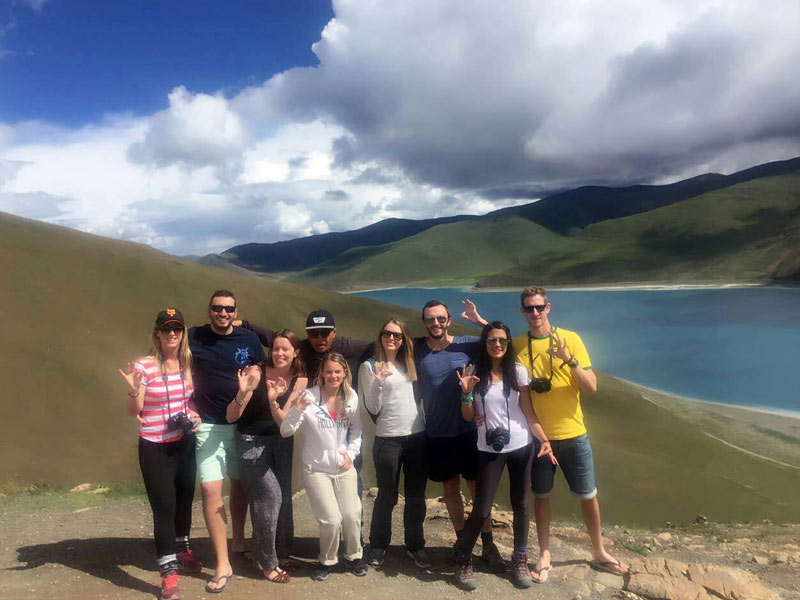

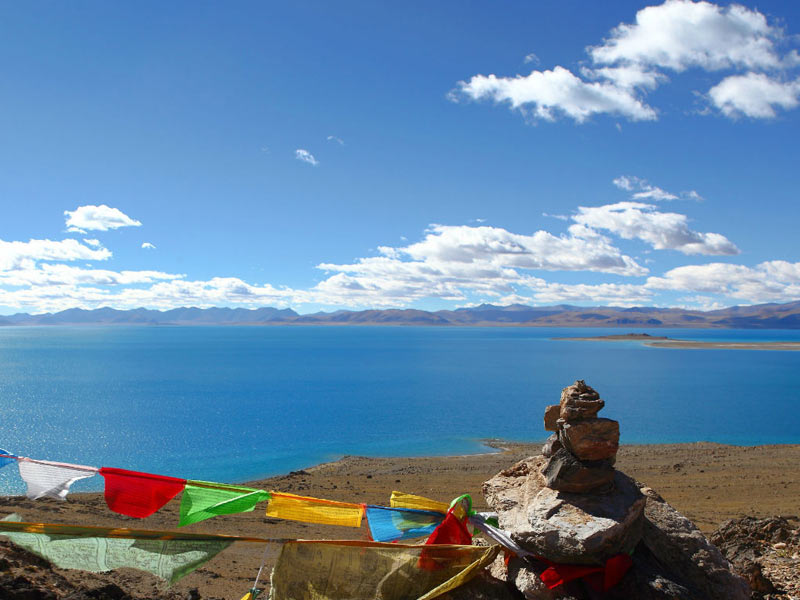
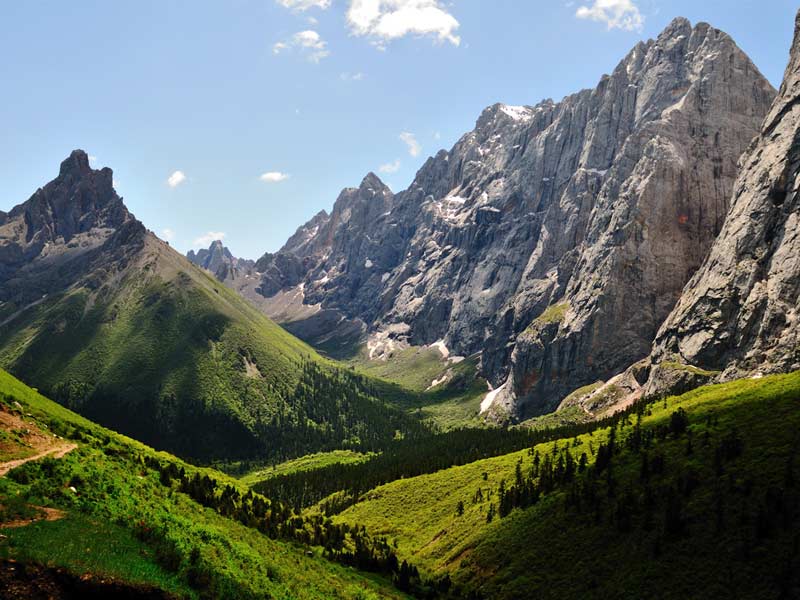
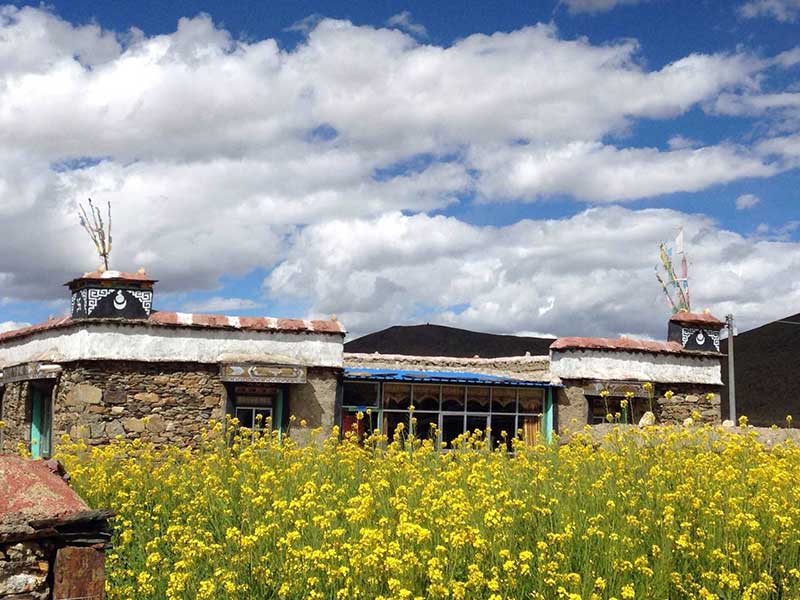

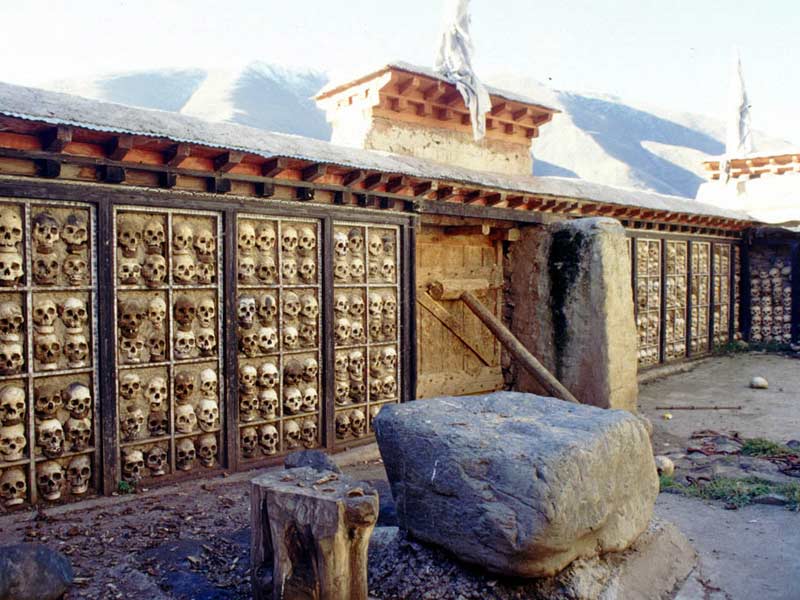
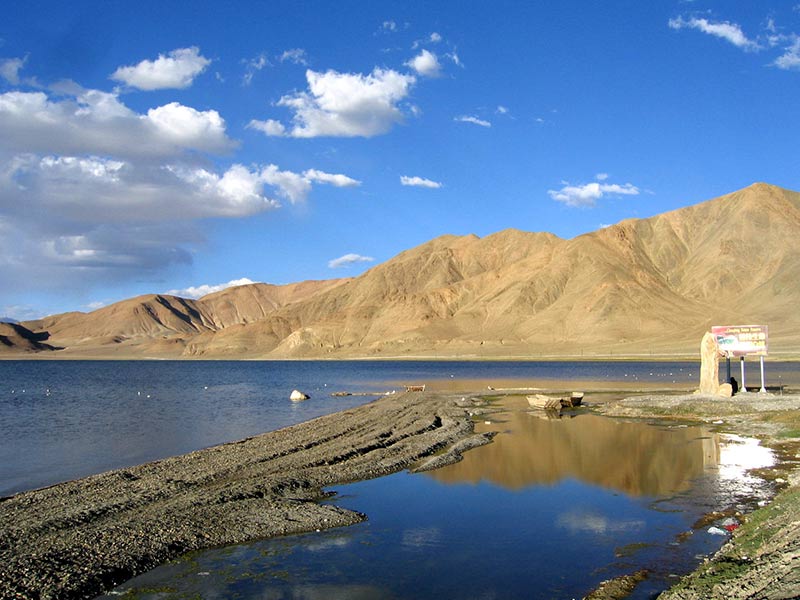




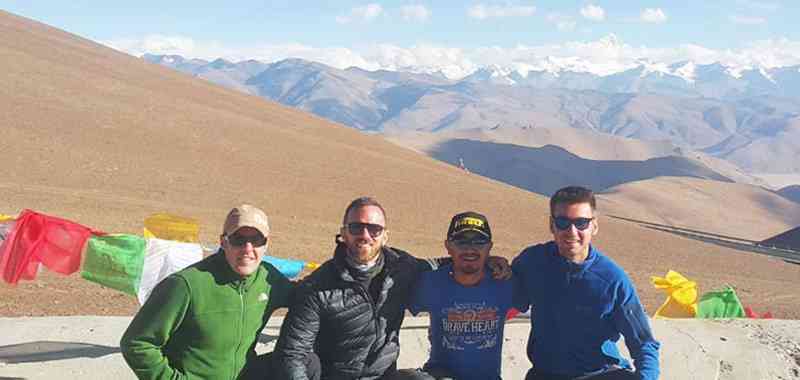
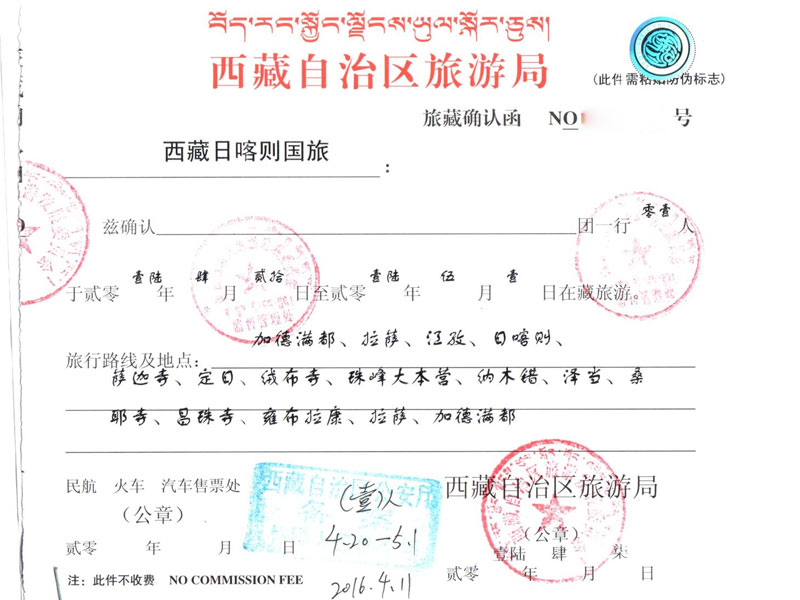
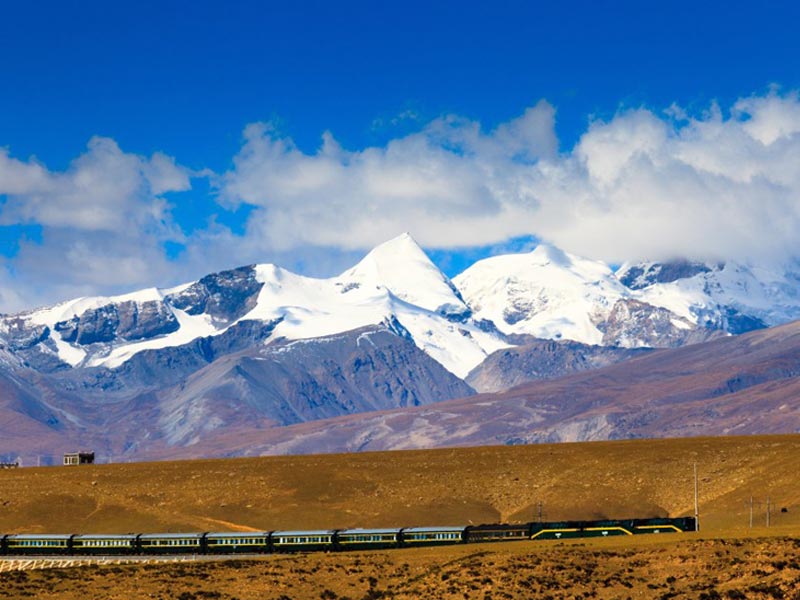
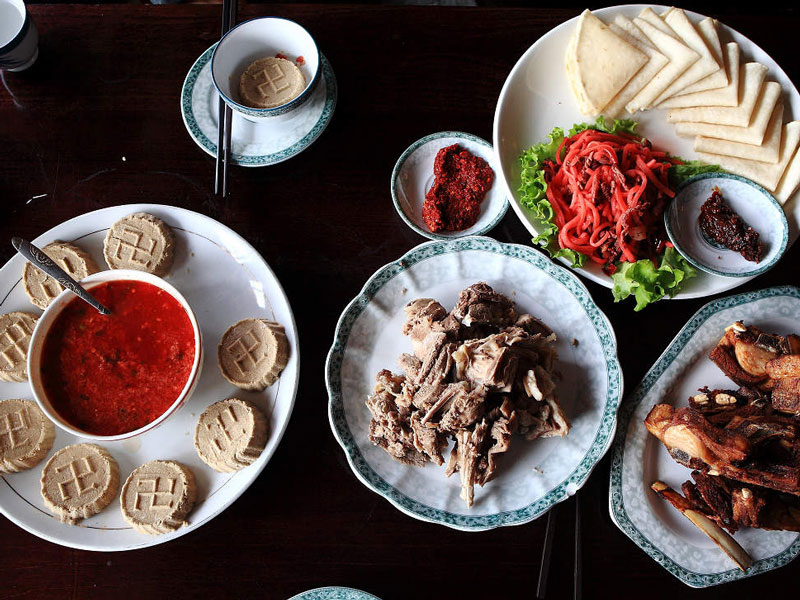
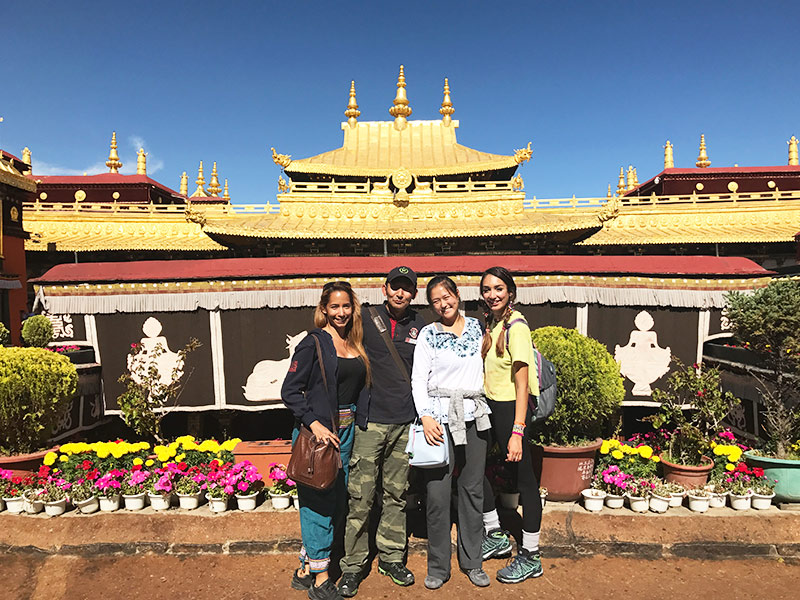
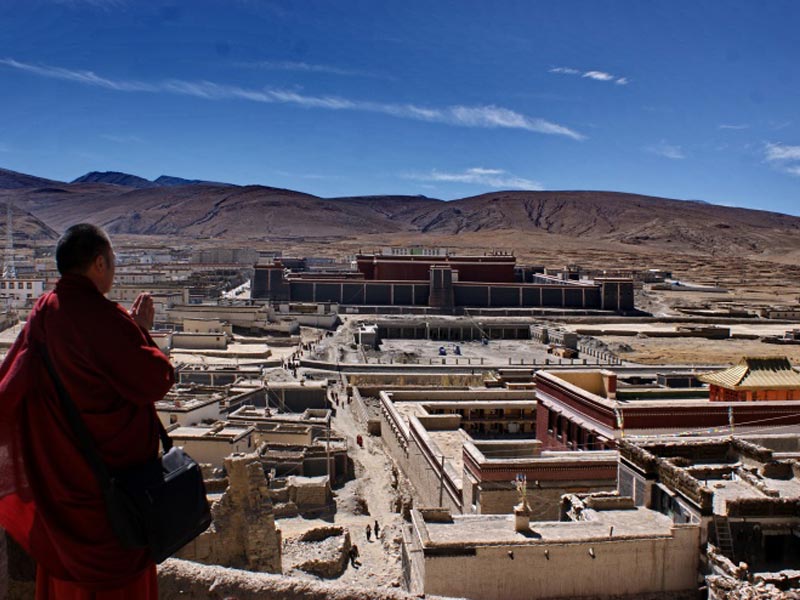
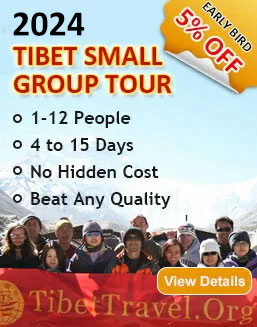
0 Comment ON "Hidden Tourist Destinations and Sites – Tibet Top 10 Unknown Attractions"